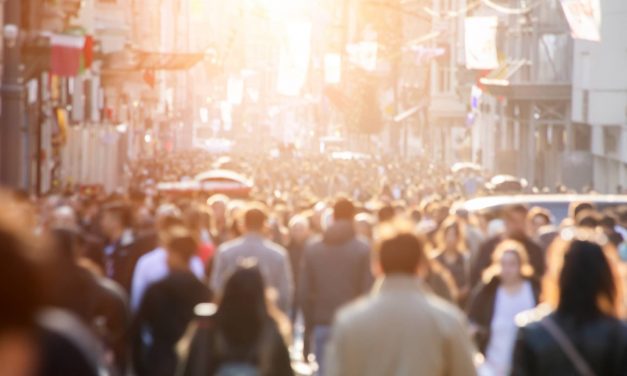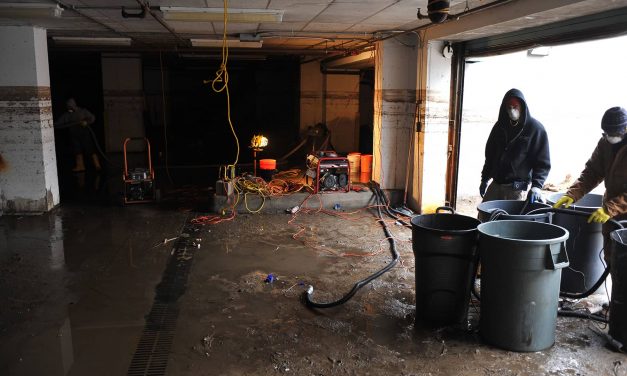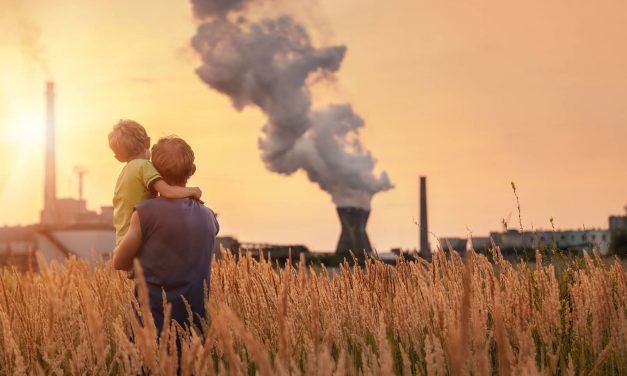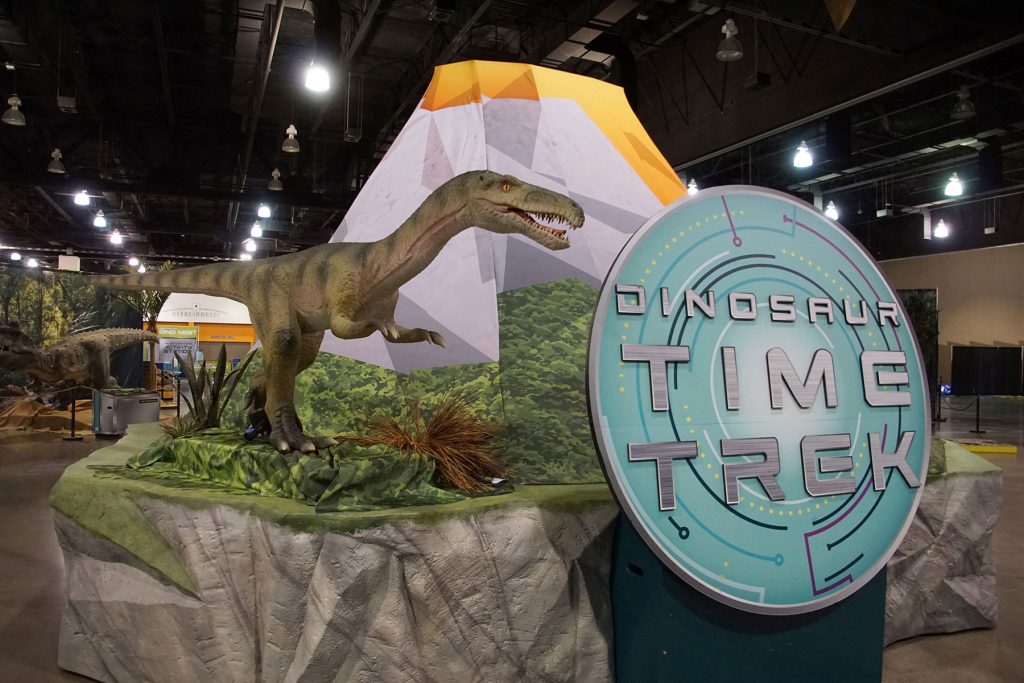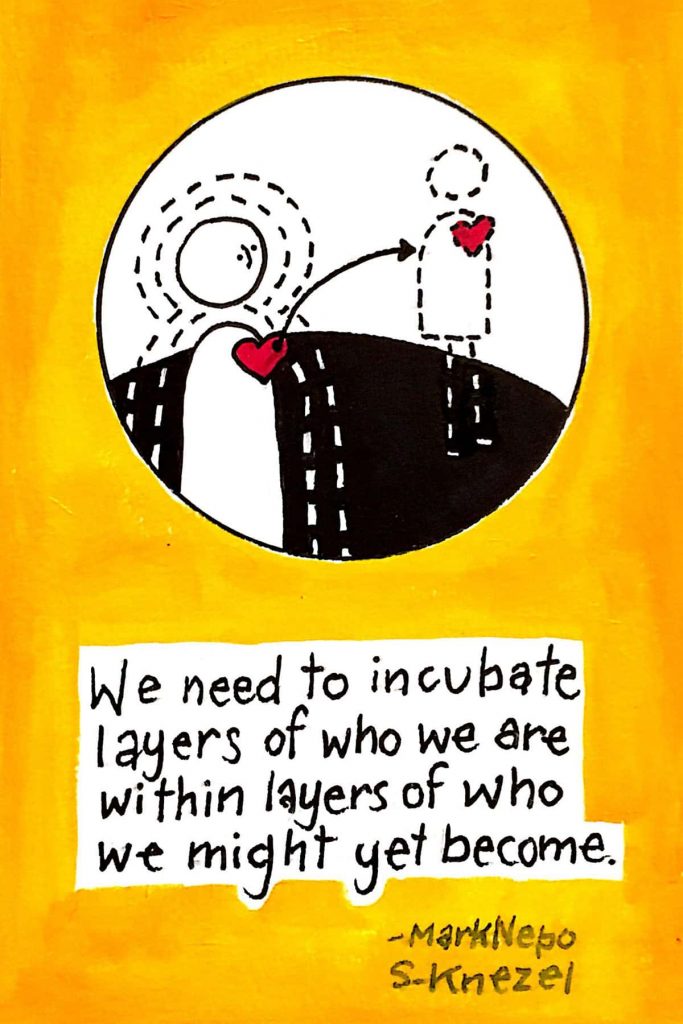The problem of work: Why the business model of capitalism is alienating American workers today
By Alec Stubbs, Postdoctoral Fellow of Philosophy, UMass Boston First it was the “Great Resignation.” Then it was “nobody wants to work anymore.” Now it is “quiet quitting.” Yet it seems like no one wants to talk about what I see as the root cause of America’s economic malaise – work under contemporary capitalism is fundamentally flawed. As a political philosopher studying the effects of contemporary capitalism on the future of work, I believe that the inability to dictate and meaningfully control one’s own working life is the problem. Democratizing work is the solution. The problem of work What...
Read More


